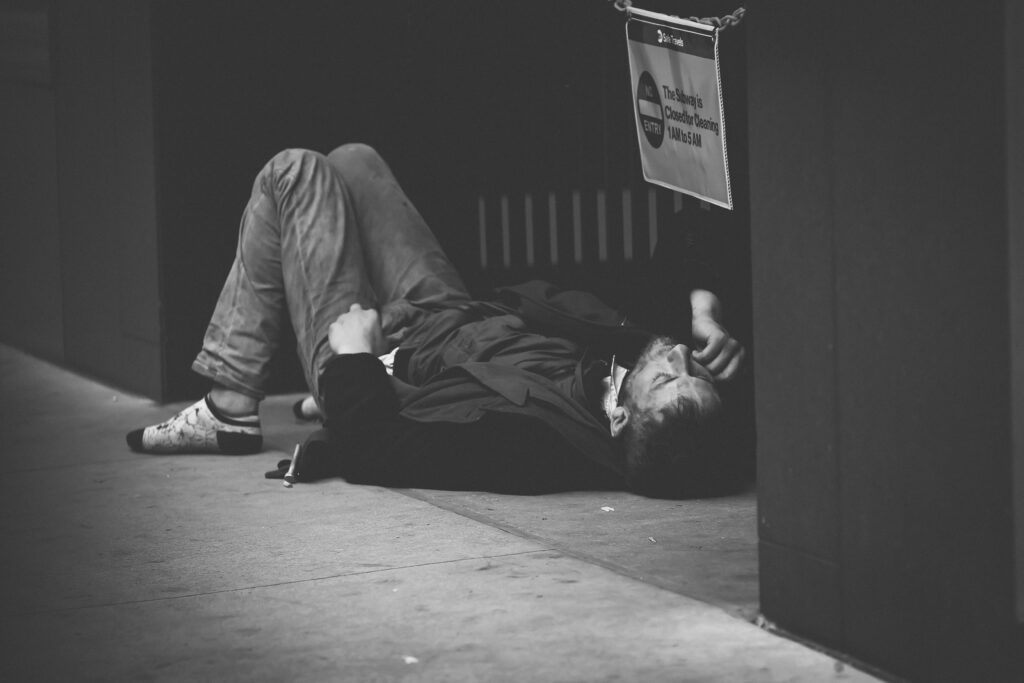Imagine this: a family member or close friend begins acting erratically—eyes darting uncontrollably, speech slurred, body trembling. They’ve taken something, and now you’re panicking. This is the terrifying reality of a PCP overdose. Known on the streets as “angel dust,” PCP is a dissociative drug with effects that are as unpredictable as they are dangerous.
Understanding what a PCP overdose looks like and how to respond can be the difference between life and death. If you or someone you love is struggling with PCP abuse, this guide will help you recognize the signs, respond effectively, and understand the path to recovery.
What Is PCP and Why Is It So Dangerous?

PCP, short for phencyclidine, started out with good intentions—it was created as a medical anesthetic. But it didn’t take long for doctors to notice its alarming side effects. What was meant to numb pain ended up distorting reality, triggering dangerous and unpredictable reactions. Fast forward to today, PCP has become an illegal hallucinogen, notorious for its ability to warp perceptions and provoke erratic, sometimes violent behavior.
How It’s Used
PCP shows up in many forms—powder, liquid, tablets—and people use it in different ways, whether smoking, swallowing, snorting, or injecting it. But no matter how it’s taken, one thing is certain: PCP’s effects are unpredictable. What might seem manageable to one person could send someone else into a dangerous and unpredictable spiral, making it one of the most volatile substances out there.
Short- and Long-Term Effects
In the short term, PCP can create a false sense of euphoria, vivid hallucinations, and an unsettling feeling of invincibility. But the highs come at a steep cost.
Over time, chronic use takes a toll, leaving many struggling with memory loss, difficulty speaking, deep depression, and in some cases, permanent psychosis that lingers long after the drug is gone.
Signs of a PCP Overdose
When someone overdoses on PCP, time is critical. Recognizing the signs early can save lives.
Physical Symptoms
- Rapid heart rate and high blood pressure
- Excessive sweating and dangerously high body temperature
- Muscle rigidity, tremors, or seizures
Psychological Symptoms
- Intense paranoia and hallucinations
- Violent outbursts or uncontrollable agitation
- Detachment from reality or catatonia
Behavioral Red Flags
PCP users often believe they have superhuman strength, which can result in risky or dangerous behavior. Impaired judgment is another hallmark, putting both the individual and those around them in danger.
Who’s Most at Risk?
Not everyone reacts to PCP the same way. Certain factors increase the likelihood of overdose:
- Dosage: Higher doses dramatically escalate the risks.
- Mixing Substances: Alcohol or other drugs can amplify PCP’s effects.
- Mental Health: Pre-existing conditions like anxiety or schizophrenia worsen the drug’s psychological impact.
What to Do in an Emergency
Seeing someone experience a PCP overdose is alarming, but staying calm and knowing what to do can make all the difference.
- Call 911 Immediately
Explain the situation clearly, including any substances you know were consumed. Time is critical. - Ensure Everyone’s Safety
The person may be aggressive or disoriented. Remove dangerous objects from their vicinity and keep bystanders at a safe distance. The effects would be worse if the person affected has PTSD. - Don’t Restrain Them
Physical restraints can escalate aggression and increase the risk of injury. - Monitor Their Breathing
If they stop breathing, begin CPR if you’re trained to do so.
Once in medical care, treatments may include sedation to calm agitation, IV fluids to address dehydration, and cooling measures to manage hyperthermia.
The Aftermath of PCP Overdose
Even after the immediate danger passes, the long-term effects of a PCP overdose can be life-altering.
- Physical and Cognitive Impacts: Chronic use can cause memory problems, speech difficulties, and reduced motor function.
- Mental Health Consequences: Many users experience persistent paranoia, anxiety, or depression. Drug-induced psychosis is another common outcome. PCP addiction may also include co-occurring disorders.
Preventing PCP Abuse and Overdose
- Education and Awareness: Knowledge is power. By educating yourself and others about the dangers of PCP, you can help reduce its prevalence in your community.
- Treatment and Recovery: Recovery begins with acknowledging the problem. Detoxification, combined with therapy, can pave the way to lasting sobriety.
The Role of Professional Care
Recovering from PCP addiction isn’t something anyone should face alone. Professional care provides a safe, structured environment for detoxification and long-term recovery.
Our programs focus on addressing the root causes of addiction while equipping individuals with coping mechanisms to prevent relapse. Medication-Assisted Treatment (MAT) is one of our main approaches to help patients cope with the withdrawal symptoms.
Start Your Recovery Today!
PCP addiction is a dangerous cycle, but recovery is always possible. If you or someone you love is ready to take that first step, Skypoint Recovery in Akron, OH, is here to help. Our team offers compassionate care tailored to individual needs. Call us today at 855-747-4673 or fill out our confidential form to learn your options. Together, we can build a future free from addiction.
Related Blogs
-
Endorphins vs Dopamine: How These Chemicals Affect Your Mood and Motivation
-
Understanding Amitriptyline Withdrawal: From Flu-Like Symptoms to Mood Changes
-
M365 White Pill: Prescription Painkiller Benefits and Potential Dangers
-
What Is Flakka and Why is it Called the Zombie Drug?
-
Understanding Ketamine Addiction: Causes, Symptoms, and Effective Treatment Options


Start Your Personalized Recovery Journey Now









